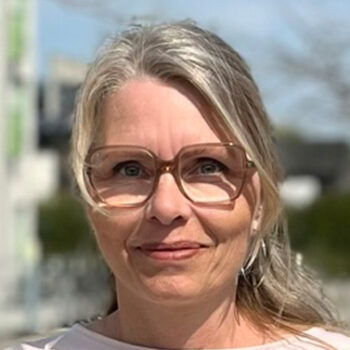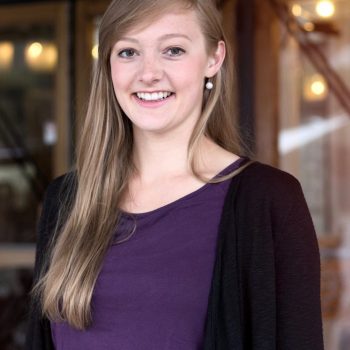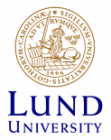Educational activities – a vehicle for meeting future recruitment needs?
In this project, doctoral student Laura Giese is looking into how effective the educational activities are and how they can be developed to attract both boys’ and girls’ interest in a career within the water sector.
Several major operators in the Swedish water sector have declared that they will have increased recruitment needs within the next ten years. At the same time, there is a need for increased awareness of water as an important resource among the general population to manage future challenges such as water scarcity, altered raw water quality, and pollution in the form of pharmaceutical residues and micro plastics.
Both VA SYD and Sydvatten invest in educational activities with the purpose of increasing Swedish children and adolescents’ knowledge of the natural water cycle and furthering the younger generation’s interest in issues concerning water in society.
These initiatives are Kretseum, VA SYD’s science center in Hyllie for primary school students, and “Tänk H20” (Think H20), an interdisciplinary water course at lake Bolmen for high-school students.
Can educational activities contribute to increased interest for the water sector?
The question is, how effective are these educational activities, and how can they be developed to attract both girls and boys to a future career in the water sector? By evaluating Kretseum and ”Tänk H2O!” we will be able to identify successful methods that can be used as a basis for future innovative educational activities in other municipalities.
Based on psychological research of factors that relate to young people’s career interests, we shall study the effect of these activities on interest in a career in the water sector, as well as on psychological variables that are related to interest and that explain gender differences in it.
The study will provide knowledge of how educational activities can contribute to increased interest for working with water related questions and the extent to which they contribute to increased understanding of the importance of water for the individual and society.
We aim to answer the following questions
- What makes young people interested in a career that concerns water supply and the water cycle?
- What educational activities contribute to increasing young women and men’s in-terest for working in the water sector, and which methods are most successful?





